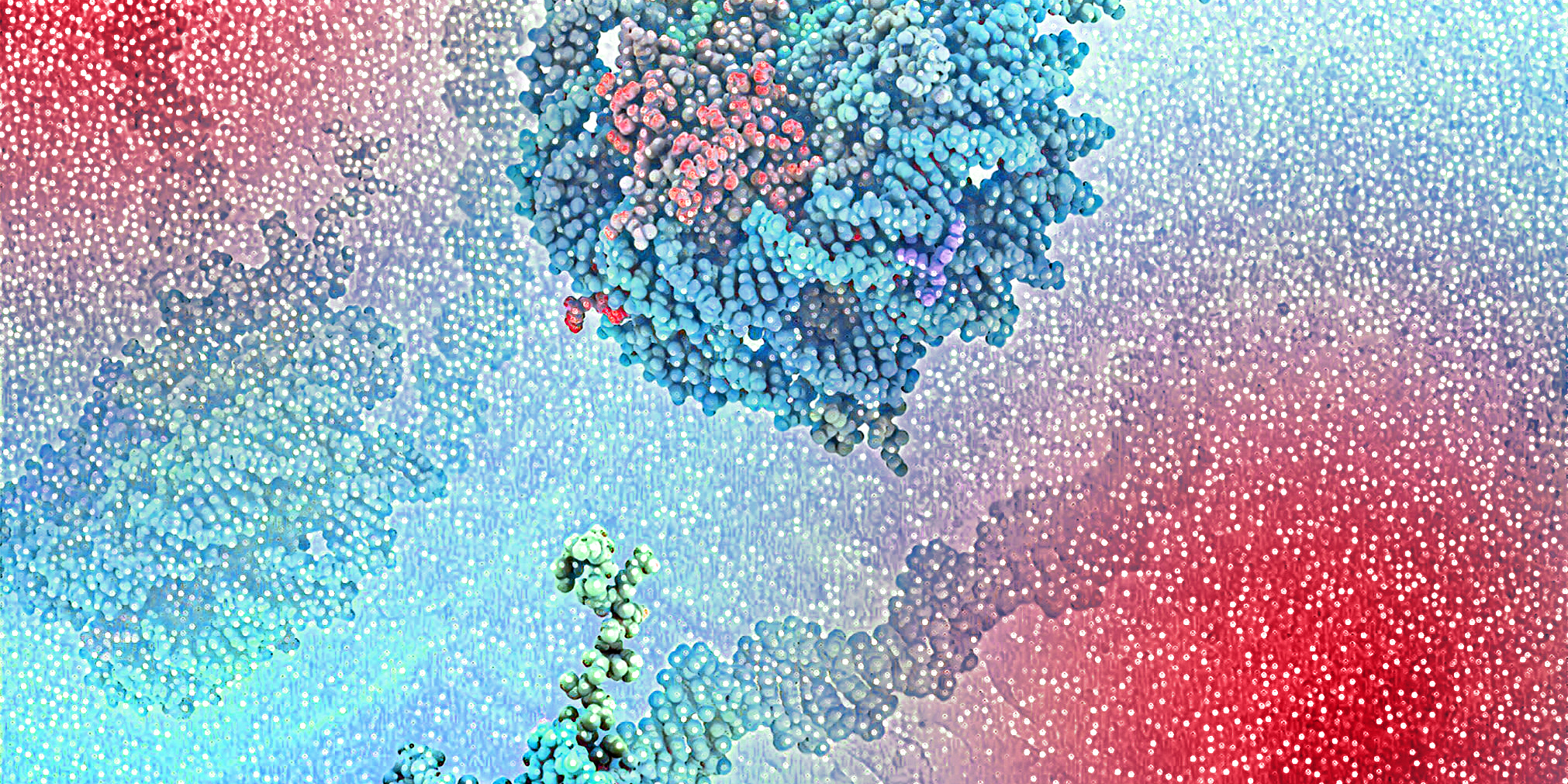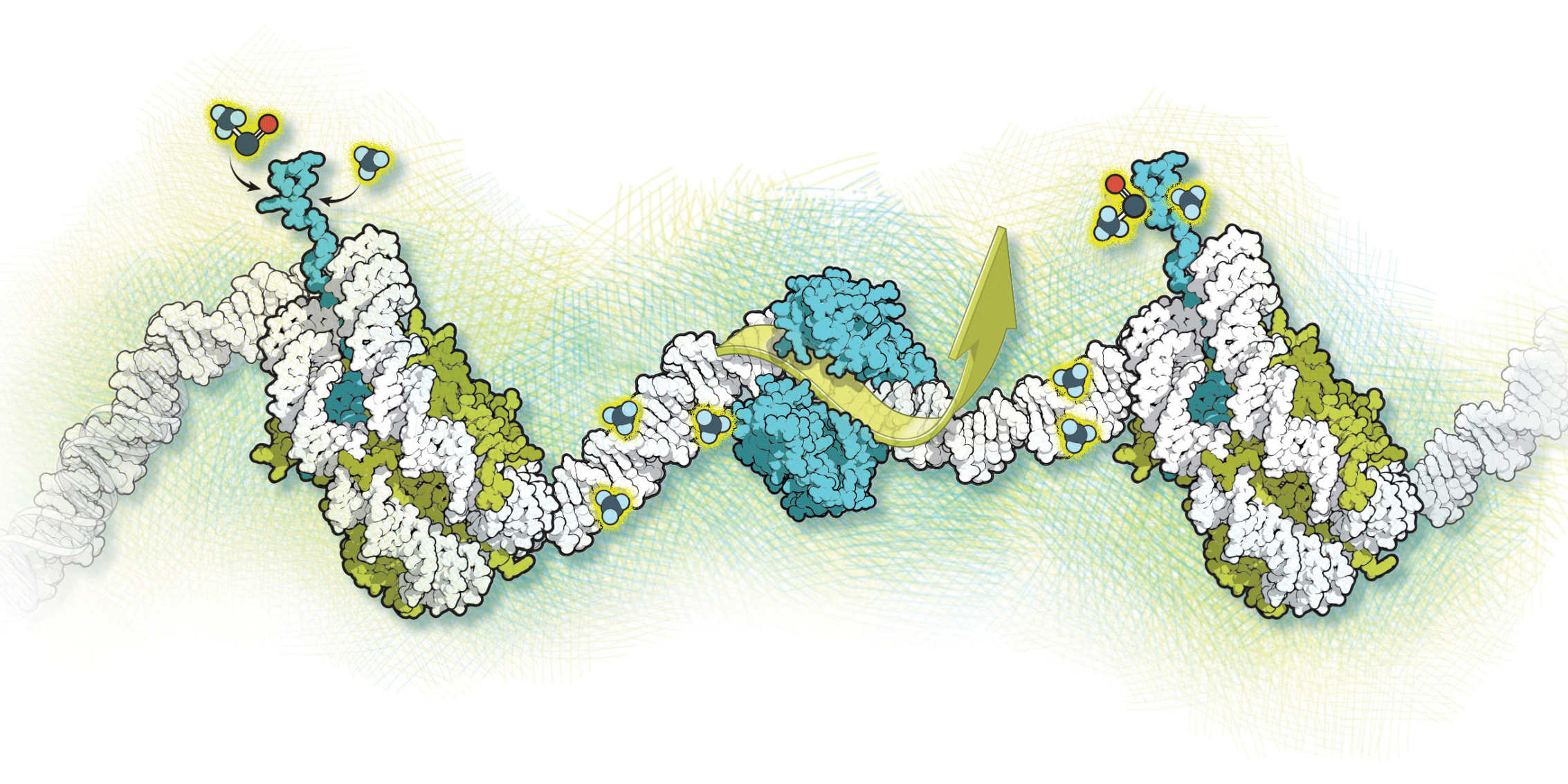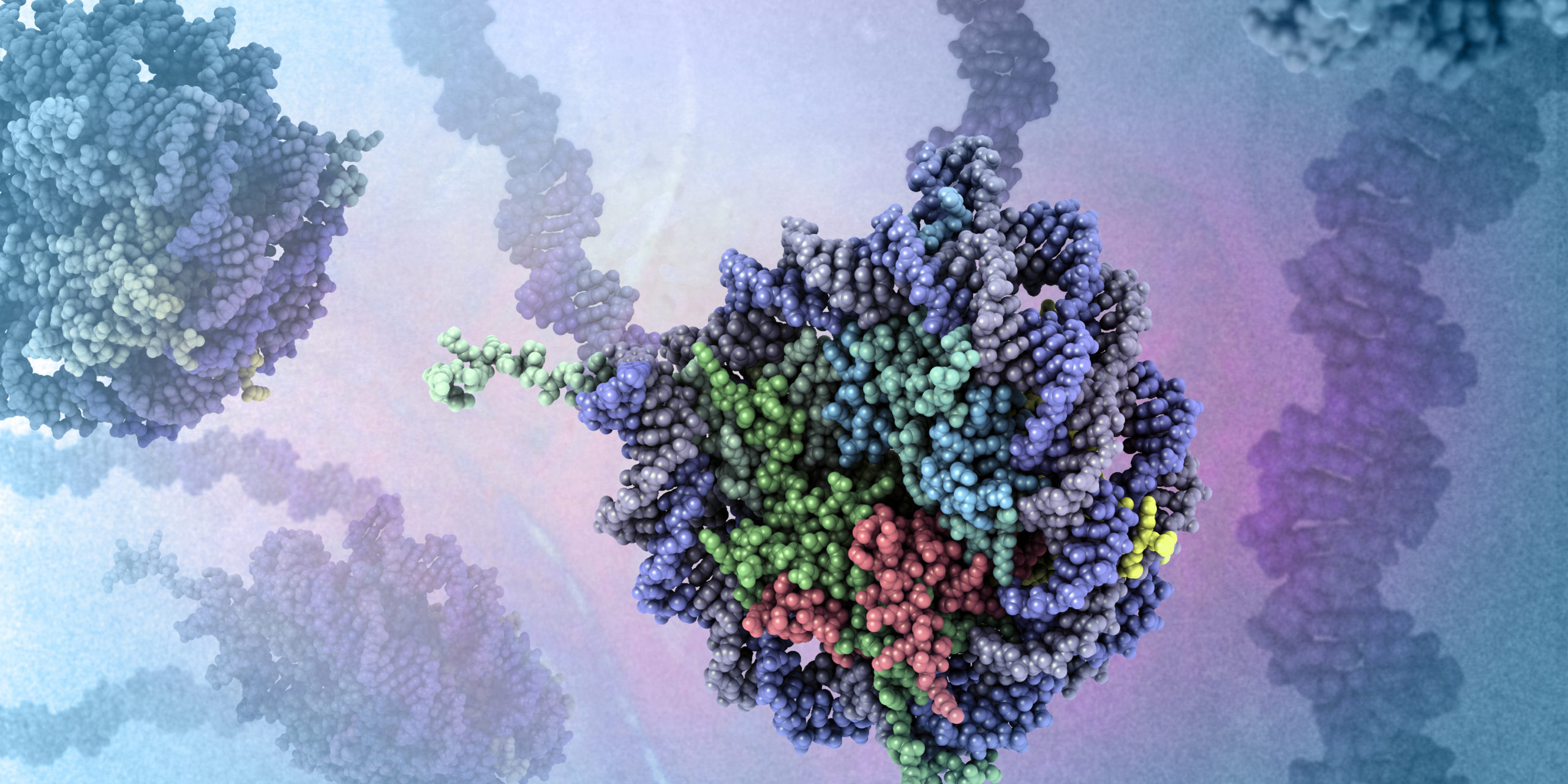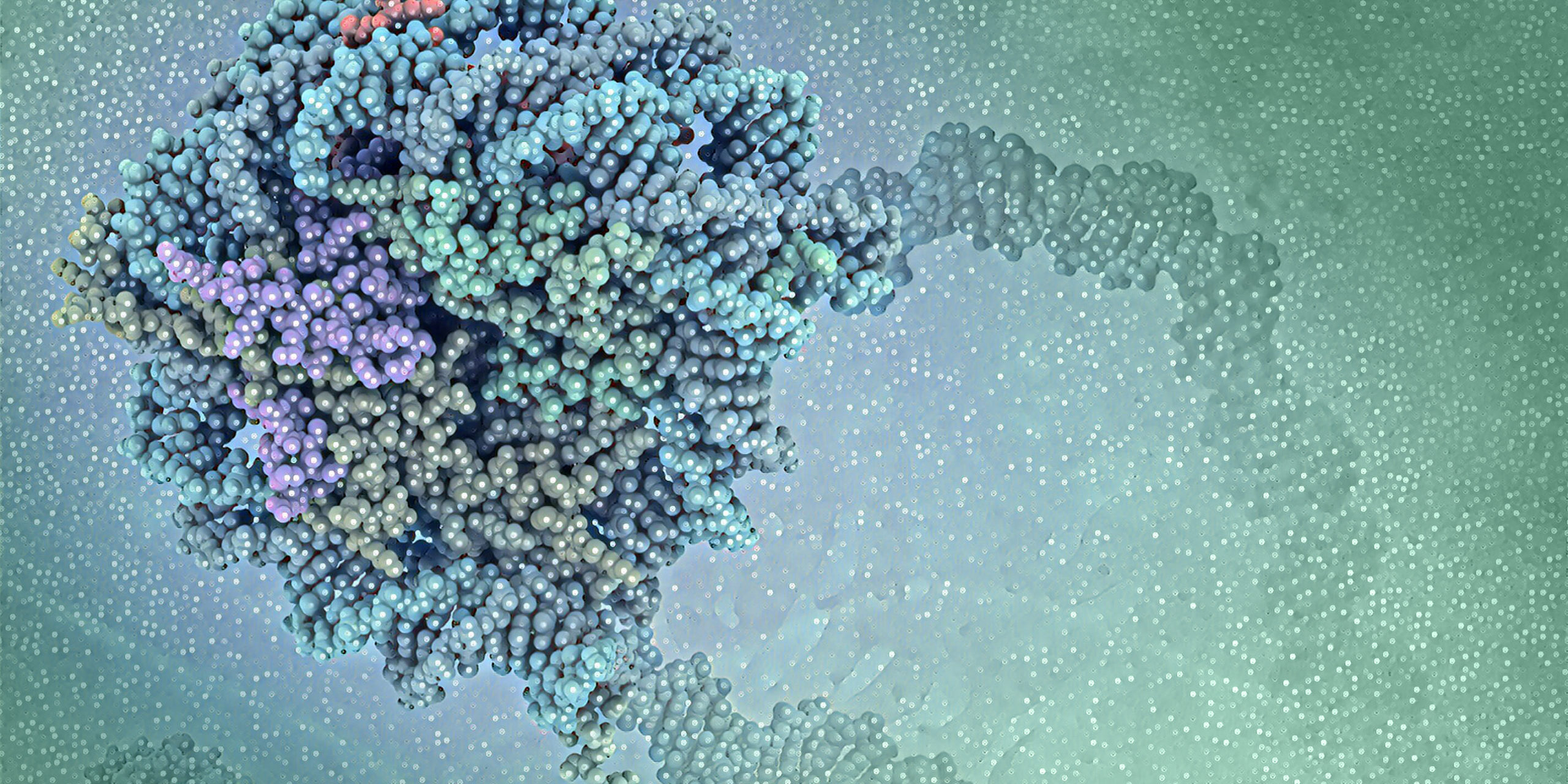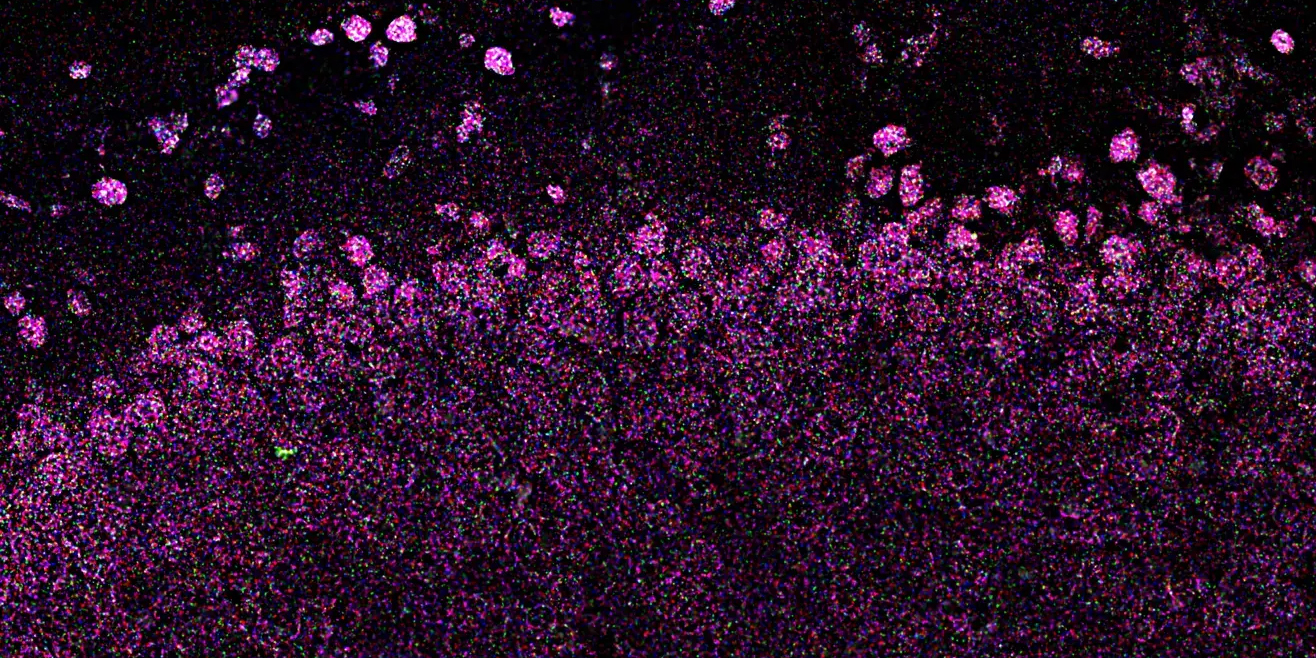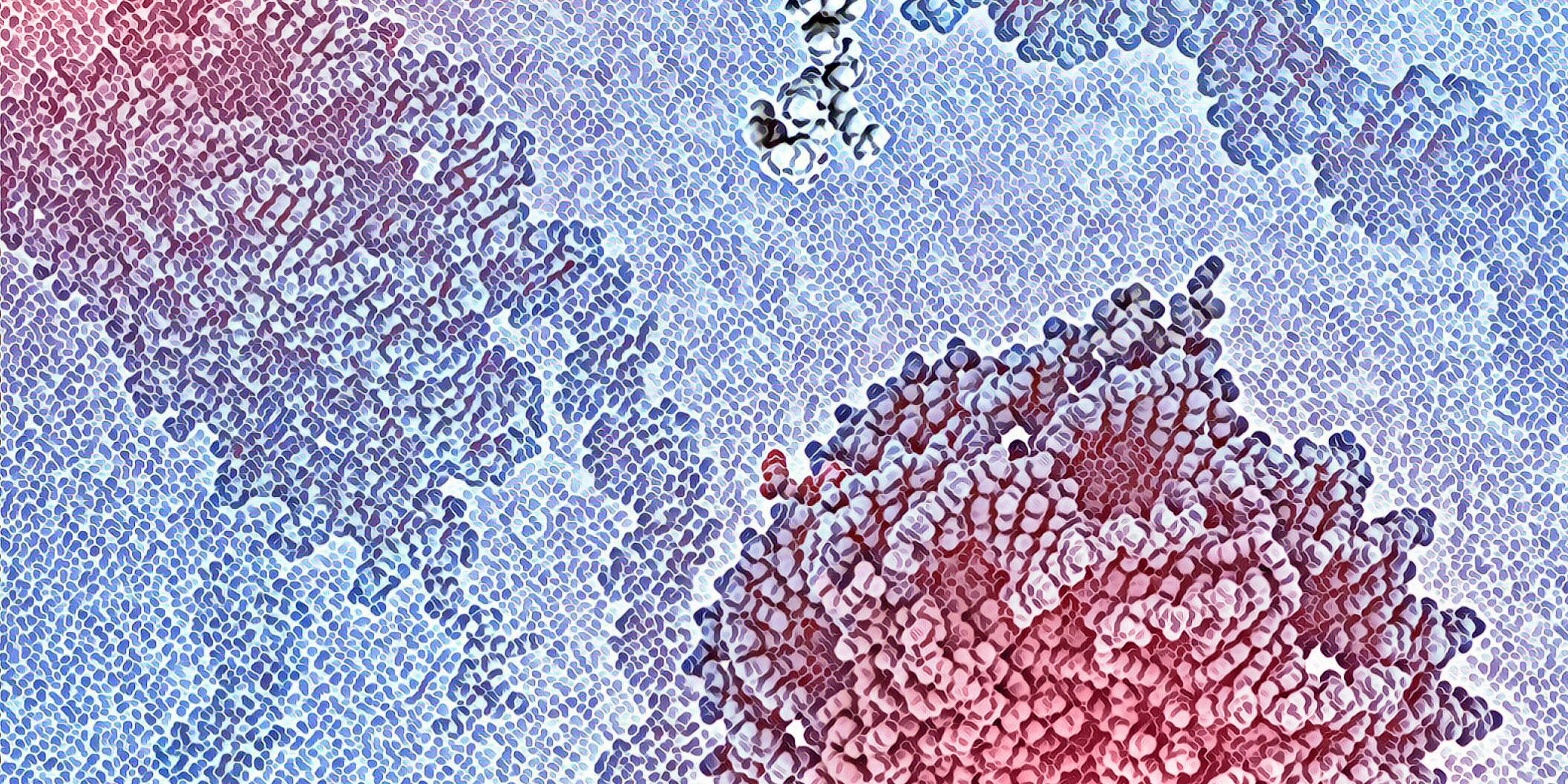The Epigenetics Center of the Institute for Basic Biomedical Sciences is bringing together an outstanding team of multidisciplinary investigators to explore the epigenetic basis of normal development and disease. One of the Center’s major goals is to develop novel technology that will provide cutting edge tools to the Hopkins community allowing our scientists to make the first discoveries in this exciting frontier.
The Center of Excellence in Genomic Science (CEGS) at Johns Hopkins is a multi-investigator, interdisciplinary research effort focused on understanding the epigenetic basis of common human diseases, including age-related illnesses, neuropsychiatric disease, and cancer. CEGS has developed new genome-scale tools to explore the idea epigenetic variation may be at least as great between individuals as variations in the DNA sequences themselves. Understanding the epigenome may help explain how errors occur in normal development and how environmental factors lead to cancer, autism and other disorders.
Center for Epigenetics Lab Sites
About the JHU Center for Epigenetics
Find out more about our mission and research goals at the Center for Epigenetics.
Koldobskiy Lab
Michael Koldobskiy, M.D., M.S., Ph.D.
Instructor of Oncology
Feinberg Lab
Andrew Feinberg, MD, MPH
Director, Center for Epigenetics
Reddy Lab
Karen L. Reddy, Ph.D.
Assistant Professor of Biological Chemistry
Kalhor Lab
Reza Kalhor, Ph.D.
Assistant Professor
Taverna Lab
Sean Taverna, Ph.D.
Associate Professor, Pharmacology and Molecular Sciences

